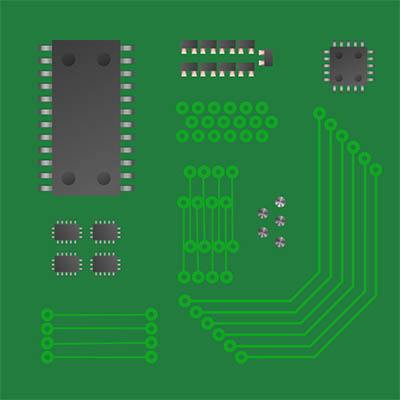
Your computer is built from countless parts and intricacies, one of which is the motherboard. In this weeks’ tech term, we’ll go in-depth into what the motherboard does for your computer, as well as why it’s so critical for continued operation.
What the Motherboard Does
The motherboard is essentially the computer’s internal control center, or its “brain.” It’s the communication hub of your device. It’s basically the central circuit board that your device’s components connect to and share data with, helping your computer do its job. Without a motherboard, you can’t really call a computer, a computer.
The motherboard is the first part of the computer that receives power. Once it has booted up, it will then power up the other components.
The Parts of the Motherboard
Each motherboard has several parts that are needed in order to function properly. Depending on the model, you may have different parts or specifications. Regardless, all motherboards will contain the same basic components.
- Chipset: The device’s chipset is what allows your data to be transferred to other components throughout the motherboard. You’ll see two different sides of the motherboard’s chipset: the Northbridge and the Southbridge. Communication to other components is made possible through the chipset.
- CPU: The CPU (Central Processing Unit) is the part of the computer that transfers data from the Northbridge to the different parts of your PC. A more powerful CPU creates a faster and better experience for the user.
- Slots: The slots of the motherboard are used to hold together its parts. Here are some of those parts:
- Random Access Memory, or RAM
- PCI(e), which connects to expansion cards, like video, network, or sound cards
- SATA, which connect to storage drives like HDD and SSD
Let us know what you think we should cover for future tech terms in the comments below.

